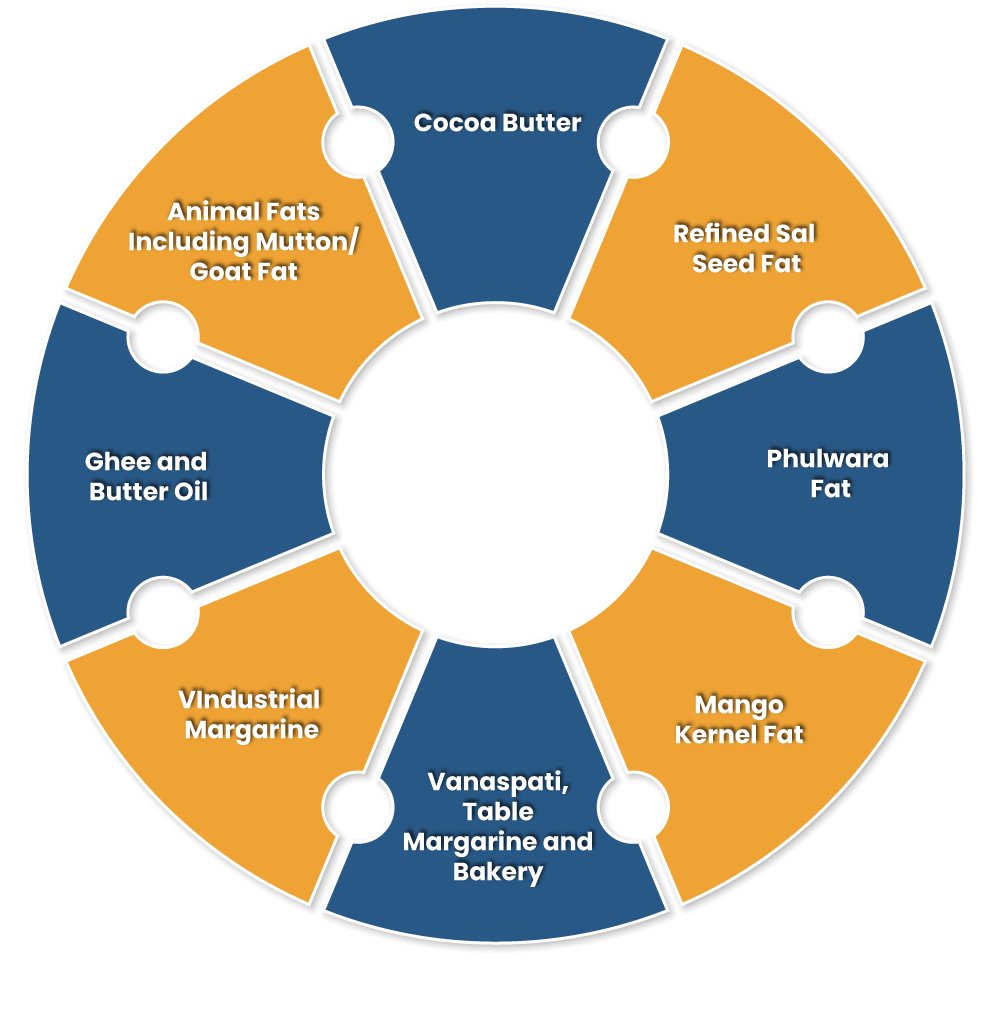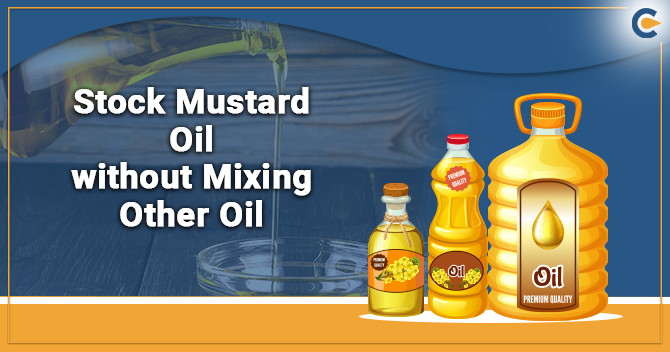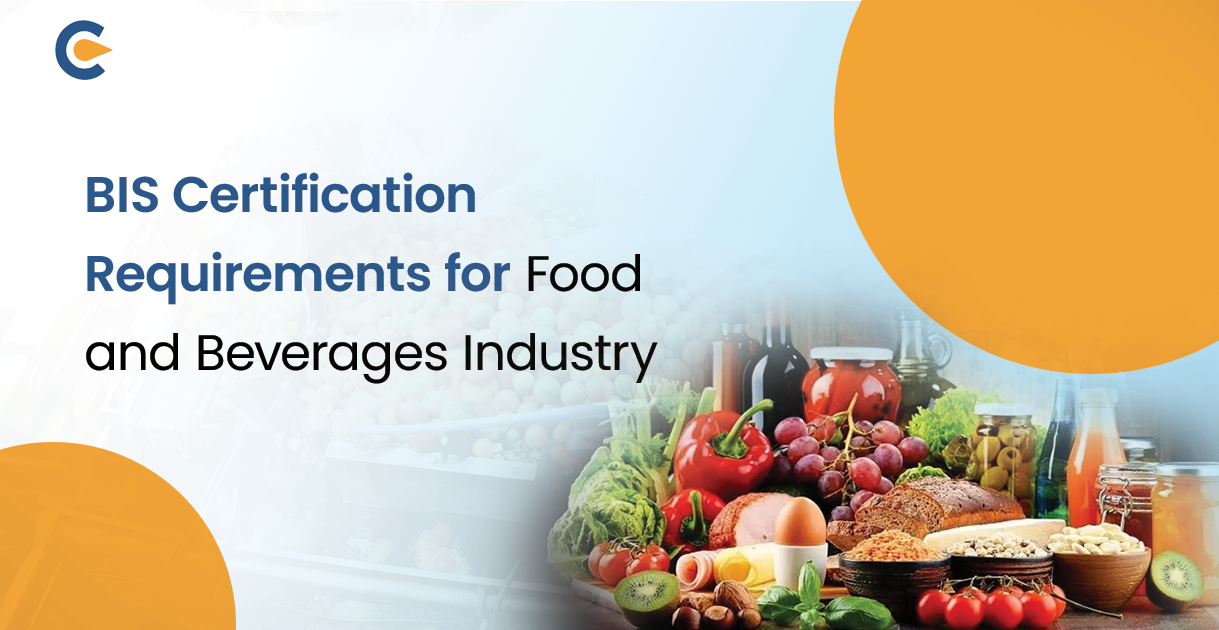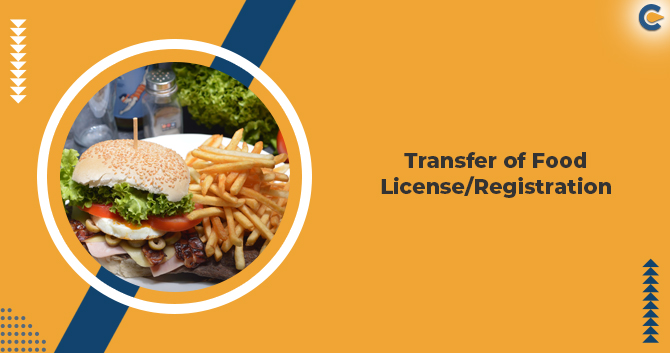Oils and fats are important parts of the human diet; more than 90 % of world production from animals, vegetables, and marine sources is used as food as an ingredient in food products. Oils and fats are the rich source of dietary energy and contain more than twice the caloric value of an equivalent amount of sugar. Therefore one should know how to stock mustard oil in right way.
Its functional and textural characteristics contribute to the flavour and palatability of natural and prepared foods. They contain certain fatty acids that play an important role in nutrition and are carriers of fat-soluble vitamins.
New Guidelines by FSSAI to stock Mustard Oil without Mixing other Oil
Food regulator FSSAI has banned mustard oil blending with any other cooking oil with effect from October 1. In order by FSSAI to the commissioner of all states’ food safety and Union Territories, the blending or mixing of mustard oil with any other edible oil in India had been prohibited from October 1, 2020.
The edible oil manufacturers or processors are those who have a license for production of the blended edible vegetable oil with mustard oil, have been directed to sell the existing stock mustard oil/mustard seeds or other edible oil as unblended cooking oils. All such licensees have been asked for a modification of their FSSAI licenses.
According the FSSAI regulations, the blending of two edible oils is permitted, provided the proportion by weight of edible vegetable oil[1] used in the blending process is not less than 20%. After due deliberations, India’s government has directed the Food Safety and Standards Authority of India (FSSAI) to prohibit blending in mustard oil and facilitate the manufacture and sale of pure mustard oil for domestic consumption in the public interest.
FSSAI has draft regulation in this regard and it will take some time to finalise the rules after taking stakeholders’ inputs. Meanwhile, to implement the said direction of India’s government, it has been decided to be operational these regulations with effect from October 1, 2020. No manufacturing of blended edible vegetable oil with mustard oil as an ingredient shall be allowed with effect from this date.
Read our article:How to Obtain an FSSAI License in India: Full Guide
What are the Types of Oil and Fats?
The Standards for 24 vegetable oils are prescribed in Section 2 of Food Safety & Standards (Food Product Standards & Food Additives) Regulations, 2011. The standards have also been laid down for the following:-


Conditions Fulfilled by the FBO to Stock Mustard Oil
The Food Business operators must ensure that the following conditions are complied with at all times during the course of its Food Business.
Food Business Operators must abide by the following norms:-
- Display the true copy of the license granted in Form C shall at all time at a prominent place on the premises.
- Give all necessary access to licensing authorities or their authorised personnel to the premises.
- Inform authorities about the change or modifications in activities.
- Must employ at least 1 technical person to supervise the production process. The person supervising the production process must possess at least a degree in science with Biochemistry/ Chemistry/ Food and nutrition/ Microbiology or has the degree or diploma in Food Technology/ Dairy Microbiology/ Dairy Technology/ Dairy Chemistry/ Dairy Engineering/ Oil technology/ Veterinary science
- Furnish periodic annual return 1 April to 31 March, with on 31 May of each year. For collection/ handling/manufacturing/stock mustard oil and half yearly return also to be furnished as specified.
- Ensure that no product other than that of product indicated in the license /registration is produced in the unit.
- Maintain the factory’s sanitary and hygienic standards and workers hygiene as specified in the schedule-4 according to the category of a food business.
- Maintain daily records of production, raw materials utilisation and sales separately.
- Ensure that a source and standards of raw material used are of optimum quality.
- Food business operator must not manufacture, store or expose for sale or permit sale of article of food in premises not effectively separated to the satisfaction of a licensing authority from any privy, sullage, urine, drain or place of storage of foul and waste matter
- Ensure the clean-in-place system for regular cleaning of machine & equipment.
- Ensure testing of the relevant chemical and microbiological contaminants in food products according to this regulation as frequency as required based on historical data and risk assessment. It is to ensure production and delivery of safe food by own or by NABL accredited/FSSAI recognised labs at least once in 6 months.
- Ensure as much as possible, that the required temperature has to be maintained throughout a supply chain from a place of procurement or sourcing till it reaches the end consumer including transportation, chilling, storage etc.
- The Manufacturer/ Distributor/Importer must buy and sell food products only from, or to licensed /registered vendors and maintain record thereof.
Other Important Conditions
- Proprietors of restaurants, hotels, and other food stalls who sell or expose for sale savouries, sweets or other article of food must put up a notice board containing separates lists of articles that have been cooked in edible oil, ghee, vanaspati and other for the information of the intending purchasers.
- FBO selling cooked or prepared food shall display a notice board containing the nature of articles being exposed for sale.
- Each manufacture (include Ghani operator) or wholesale dealer in butter, edible oils, ghee vanaspati, de-oiled meal, solvent extracted oil, edible flour and any other fats showing the quantity of manufactured, sold or received or, nature of oilseed used. It is also important to show a quantity of de-oiled meal and edible flour used etc. as applicable and destination of each consignment of the substances sent out from his factory or place of business. They must present all the above said things for inspection whenever required by the licensing authority.
- No producer or manufacturer must be eligible for a license of vegetable oil, edible oil under this act unless he has its own laboratory facility for the analytical testing of samples
- Every sale and movement of the stocks of solvents-extracted, stock mustard oil, semi-refined or raw grade I, edible groundnut flour or edible coconut flour by the producer must be a sale or movement of stocks directly to the registered user and not to any other person. No sale or movement will be affected through any third party.
- Every quantity of solvent-extracted oil, stock mustard oil, edible groundnut flour or edible coconut flour, or both purchased by the registered user must be used by him in his own factory entirely for the purpose intended and must not be re-sold or otherwise transferred to any other person. However nothing in this sub-clause must apply to the sale or movement of the following:-
- Karanjia oil
- Kusum oil
- Mahua oil
- Neem oil
- Tamarind seed oil
- Edible groundnut flour bearing the ISI certification mark
- Edible coconut flour bearing the ISI certificate mark
7. No food business operator must sell or distribute or offer for sale or dispatch or deliver to any person for a purpose of sale any edible oil which is not marked, packed and labelled in a manner specified in the regulations unless specifically exempted from the condition notification in the Official Gazette issued in a public interest by food safety commissioners in specific circumstances and for the specific period and for a reason to be recorded in writing.
Conclusion
Central government directed the FSSAI to prohibit blending of mustard oil and ensure the availability of pure mustard oil for domestic consumption. Even as it operationalised these amendments in its draft stage, the FSSAI had sought views of industry players on the regulations. After consideration of the stakeholders’ representation, it has been decided to withdraw the Draft Food Safety and Standards (Prohibition and Restriction on Sales) Amendment Regulations 2020. Hence the Food business operators need to fulfil the conditions before to stock mustard oil. The Corpbiz helps in doing FSSAI Registration and also support you in full process of obtaining registration.
Read our article:Let’s Understand the Process for Obtaining an FSSAI License Number











